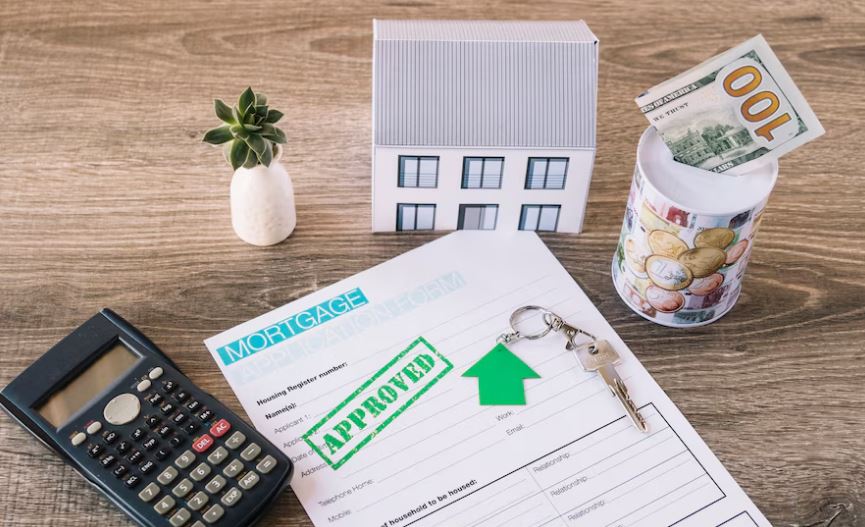In Florida’s tax debate, Ron DeSantis has taken center stage by putting forth a plan for a property tax rebate that would give millions of homeowners a $1,000 payout. A particularly calculated move ahead of the crucial 2026 election cycle, the initiative, which was announced with remarkable enthusiasm during a recent Orlando press conference, aims to provide immediate relief to over 5.1 million homesteaded properties. To protect homeowners from rising expenses, DeSantis cleverly presented property taxes as an unfair financial burden, comparing them to “paying rent to the government.”
| Attribute | Details |
|---|---|
| Name | Ron DeSantis |
| Position | Governor of Florida |
| Born | September 14, 1978, Jacksonville, Florida |
| Education | Yale University (BA), Harvard Law School (JD) |
| Career Highlights | U.S. Congressman (2013–2018), Governor of Florida (2019–Present) |
| Signature Proposals | $1000 Property Tax Rebate, Elimination of Property Taxes |
| Official Website | flgov.com |
DeSantis is offering a model that could greatly lessen the financial burdens of full-time residents by utilizing Florida’s remarkably large budget surplus. Notably, this model would preserve essential school funding while providing real economic breathing room. Despite being ambitious, his plan is at the center of a larger national tax reform discussion and is comparable to fiscal policies used during other significant junctures in the American economic transition.

DeSantis has recently advocated for a constitutional amendment that would cut property taxes completely, rather than just gradually, with an eye toward November 2026. This is a particularly novel move because of the potential impact it could have on statewide governance. Legislative opposition has surfaced despite the proposal’s optimism, particularly from House leaders who support a more immediate redirection of tourist development taxes (TDT) to provide faster, albeit limited, relief.
DeSantis has effectively positioned his plan as a “Florida First” fiscal vision by prioritizing homeowners over tourists, which has resonated with local constituents who are leery of economic policies that prioritize tourists over locals. In a scathing statement, he emphasized his desire for “Canadians subsidizing Florida residents, not the other way around,” a statement that unavoidably inspired crowds and went viral on talk radio and social media.
DeSantis has greatly allayed worries about public service funding shortages by using strategic messaging and consistently emphasizing Florida’s economic prowess, promising that school budgets would be completely safeguarded. His strategy stands in stark contrast to House Bill 7033, which redirects tourist tax revenue and has, predictably, encountered strong resistance from rural counties that mainly depend on those monies for infrastructure and marketing.
For Floridians worried about affordability and the stability of homeownership, DeSantis’ property tax plan feels especially advantageous in light of the quickly changing political landscape. Although symbolic, the $1,000 rebate has a real impact on families during a time of persistently high inflation and growing insurance premiums.
DeSantis has worked closely with fiscal advisors to create a plan that is both ambitious and incredibly effective. Critics counter that removing property taxes without a solid replacement plan might lead to financial instability, a worry that has been raised by both Senate leadership and a number of local organizations.
Rep. Wyman Duggan supported the House’s alternative plan during the legislative session, proposing a quicker reallocation of tourism-related tax revenues. A striking example of the delicate balance between urban prosperity and rural vitality, his proposal is particularly novel, but it is opposed by counties that rely heavily on tourism to promote rural charm and cultural heritage.
Florida’s economy has undergone significant change in the last ten years due to its growing population and allure of low taxes. Maintaining that course, however, necessitates extremely careful balancing between short-term relief and long-term public funding, as the Florida Property Tax Desantis debate makes clear.
In a particularly impassioned interview, Rick, a Palm Beach homeowner, highlighted how a $1,000 rebate would greatly alleviate the financial burden on local families, especially given the steady increase in insurance premiums and maintenance expenses. His statement, “Put it in my pocket and let tourists pay more at the checkout,” encapsulated a sentiment that is notably prevalent in coastal and suburban communities.
The emphasis on homestead rebates has been greeted with a mix of understanding and annoyance from non-homesteaded property owners and part-time residents. Geordy Hutchison, among others, expressed a preference for more extensive sales tax cuts, highlighting the fact that different economic needs emerge when tax reforms are discussed in Florida’s diverse communities.
DeSantis has remarkably broadened his policy brand beyond culture wars to include concrete economic reforms by incorporating this property tax initiative into a broader vision for Florida’s financial future. His ability to relate common financial issues to more general constitutional issues shows a remarkable grasp of political momentum, especially in the run-up to the 2026 election, which is predicted to be extremely competitive.
Speaker Daniel Perez’s $5 billion tax reduction plan for the House indicates a different approach, emphasizing quick sales tax cuts over DeSantis’ longer-term plan to eliminate the structural property tax. The House plan aims for a particularly immediate impact through strategic partnerships with tourism councils and business leaders, but it runs the risk of offending small towns and rural counties that depend on tourism for funding.
The prevalence of remote work during the pandemic changed where Americans live, how they invest, and how they work. In this regard, Florida’s property tax breaks are more than just a financial benefit; they are a sign of competitive advantage during a period when states are actively competing for new residents and remote workers looking for tax-friendly settings.
The results of DeSantis’ property tax campaign could have a significant impact on housing affordability, migration patterns, and even the funding of education in the South in the years to come. Despite being controversial, his audacity has already caused lawmakers who might have otherwise chosen more gradual changes to reevaluate.
It’s unclear if voters in Florida will eventually accept a constitutional amendment that does away with property taxes. However, DeSantis has already permanently impacted Florida’s economic future by putting the debate at the center of the state’s political agenda, especially as worries about the cost of living rise across the country.
